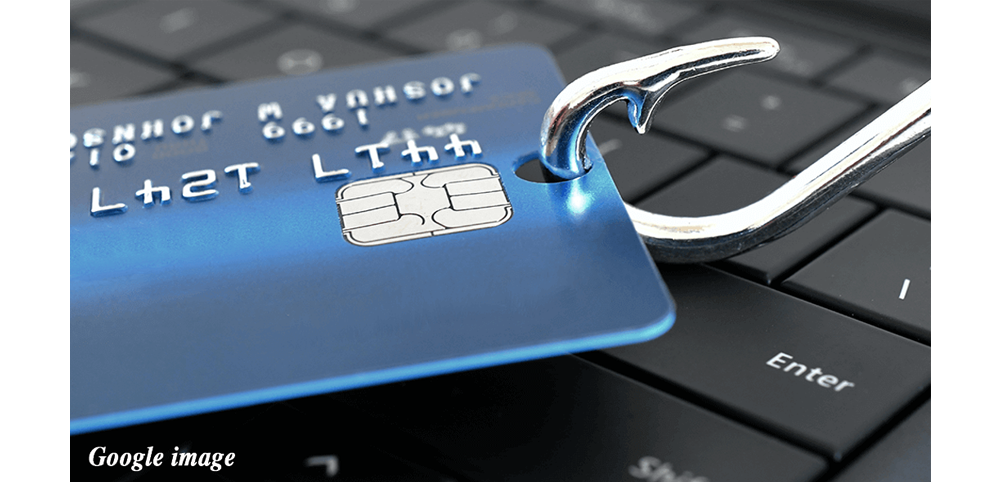BELIZE CITY, Thurs. Feb. 23, 2023
Reliable sources have informed that the arrest of two Belizeans is expected within the next 2 weeks; the accused will be charged for sending the majority portions of the proceeds of two phishing scams on Belizean Bank account holders to El Salvador and Nigeria. The victims were ensnared by fraudulent emails. They unwittingly released their personal information to the scammers who stole the money from their accounts and transferred the sums to their intermediaries, alleged to be accountholders at another local bank.
It is thought that the victims will not be reimbursed by the financial institutions simply because they weren’t coerced to reveal their private information. It is also unlikely that the money will be recovered from the overseas scammers.
Belizeans have been plagued by a variety of internet scams, both by national and international thieves and disruptors. It started in 2000 when hackers broke into the national service provider’s system and disrupted both the Belize Telecommunications Ltd. and the Belize Electricity Limited electronic communications with a widespread “denial of service attack” through the implantation of a virus. There have also been scattered reports that overseas hackers have gained control and held several private businesses’ networks for ransom, including 2 prominent law firms, but these were never reported to the police or any other relevant authority.
In August, 2018, the Financial Intelligence Unit alerted the Belizean public after media reports reported an email phishing scam targeting account holders at Heritage Bank. By then it was reported that email phishing scams had become a relatively widespread occurrence in Belize, targeting account holders at all the commercial banks, and BTL.
The FIU warning at the time stated: “The Financial Intelligence Unit (the FIU) has been made aware of numerous ‘spear phishing scams’ that are being perpetrated by cyber criminals and targeted towards the Belizean public. Persons in Belize have been receiving emails from several sources, suggesting that urgent action must be taken to prevent account loss and requiring the resubmission of personal information including account numbers, user IDs, access codes, PINs and passwords, etc. There are increasing reports of breached online banking accounts and subsequent fraudulent online transfers. On the other side, residents are being recruited via social media to harvest the proceeds of these crimes such as fraudulent online transfers and to repatriate the funds to criminal third parties, some of whom may reside overseas.
“The public is urged to… Never reply to email messages that request your personal information. Be very suspicious of any email message from an individual or organization that asks for your personal information, or one that sends you personal information and asks you to update or confirm. Financial institutions will never send a link in an email requesting a user to change login credentials including account name, password, PIN number, security questions, etc. • Do not click links in suspicious emails. The link may not be trustworthy.”
The Financial Intelligence Unit, which has been occupied over the past 2 decades with money laundering investigations, is expected to be bolstered, become more active in investigating Belize’s phishing scams which may have netted the thieves several hundred thousand dollars in aggregate over the past 5-7 years.
Civil Asset Recovery and Unexplained Wealth Orders acts are reportedly being drafted, to be enacted into law within the next three months.

